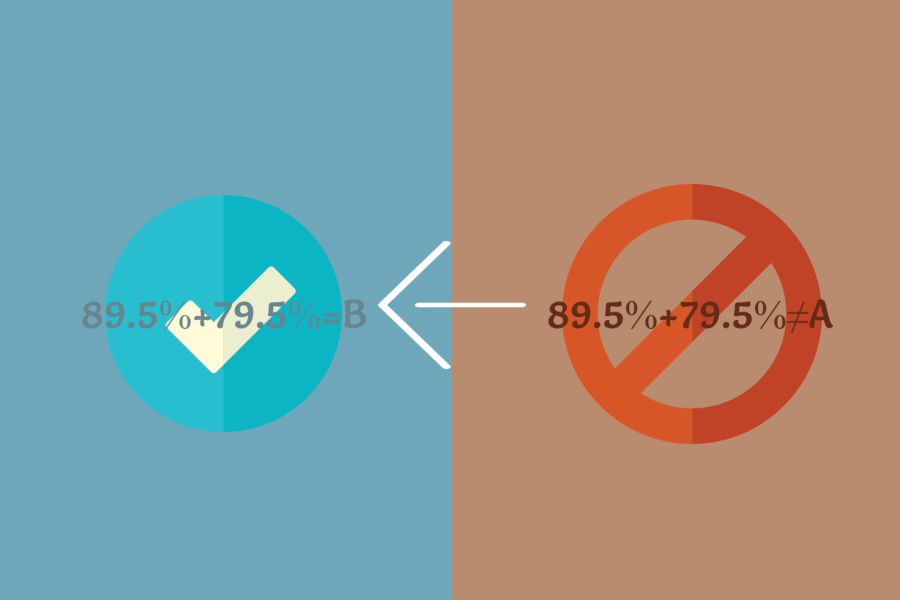In October 2022, staff laid out a table in the Whitman Library advertising summer pre-college programs. The high-quality covers attract students, and pamphlet after pamphlet disappears as they pick them up, enticed by the top schools’ names on the covers. Pre-college programs scam families out of thousands of dollars every year. Students and their families think they’re getting an easy-in to a prestigious university by attending their college program, but college admissions officers say otherwise. These programs often cost thousands of dollars; in return, students get a week or two living the life of a college student. Students should avoid participating in college summer programs under the pretense that they will guarantee admission and instead start spending their summers doing something unique in their line of interest that will help their applications stand out.
Pre-college programs give the impression of being selective, almost all requiring applicants to fill out written applications. However, applicants will get accepted as long as they pass their classes and have decent academic records — the programs often have over 70% acceptance rates. These programs trick students into thinking they have been accepted into an elite program that will help them get into top schools when in reality, they have merely proven to have the funds to spend on this program. Precollege programs make it easy for universities and colleges to profit from already-built schools and existing services.
Former admissions officer at a top liberal arts university, Yoon-Chan Kim, affirmed that summer programs will never be the deciding factor in admissions.
“A lot of admissions readers won’t be sold only on the branding. They won’t be sold on simply the brand of the collegiate program,” Kim said. “Admissions officers are really going to be trying to figure out how that program fits into your broader story.”
While the programs do not guarantee admission into top schools, the experience and the location may still appeal to some. But, if the main goal of admission programs is to enhance applications, there are more effective ways to do so. The actual admissions and recruitment units of respective schools manage only 31% of these programs, meaning roughly 70% of the time programs don’t directly assist future applications since admissions departments may not even know that a student attended their pre-college program.
Offered overseas, some of these experiences increase both the price and the appeal. Sophomore Jules King, who attended the Oxbridge program in Europe, said traveling all summer was a big part of her interest.
“Just the idea of being in another country while also learning over the summer was really exciting,” she said.
King participated in the program in Paris while studying French, wanting to do something productive with her summer. While the location was enticing, the reality didn’t match the expectations as the education was lacking, and the program didn’t focus much on academics. King’s family had spent $10,000 on a program that didn’t teach her anything substantial, King said. She was one of thousands of annual students who have fallen for the appeal of pre-college programs, ending up disappointed after expecting to get something meaningful out of it.
“It was eye-opening…I thought I was going there to meet a bunch of people from different backgrounds but it was actually the richest from every single place,” said one anonymous Whitman sophomore, who also participated in the 2023 Oxbridge summer program.
Aimed at people who can afford to spend thousands of dollars, these programs exist to draw people in, with no advantage to their application beyond proving they can afford to spend $10,000 on an arguably useless experience.
This isn’t to say that pre-college programs are evil scams, and if one can afford them, they can provide a fun experience away from home that mimics college life. Both sophomores who attended Oxbridge stated that their experiences were “fun and entertaining.” However, there are more selective programs and opportunities throughout the summer that can help secure spots in top schools, especially if specific to an intended field of study.
“There are very particular technical craft-oriented programs that can actually mean something,” Kim said. “So something that is really hyper-competitive to get into like certain summer creative writing programs … Those students are likely really pursuing that art and by getting in, some programs will actually cover the costs for the students to attend their program.”
At the end of the day, while the programs can offer unique experiences, they are still incredibly expensive. Regarding supplementing college applications, students could spend their time and money more effectively in other places, like research labs or internships.

















